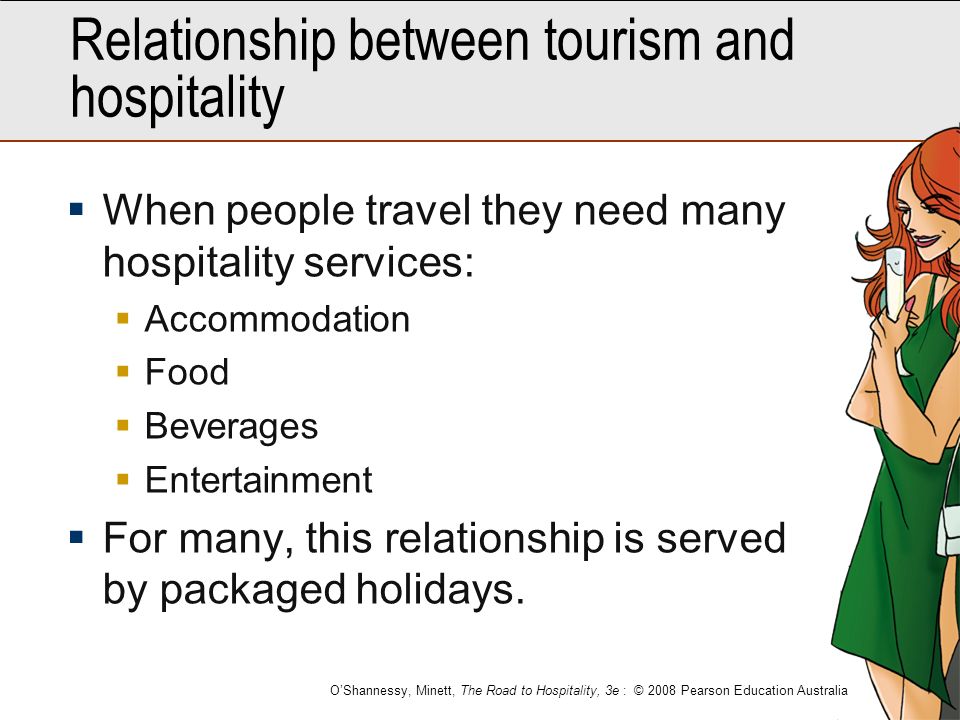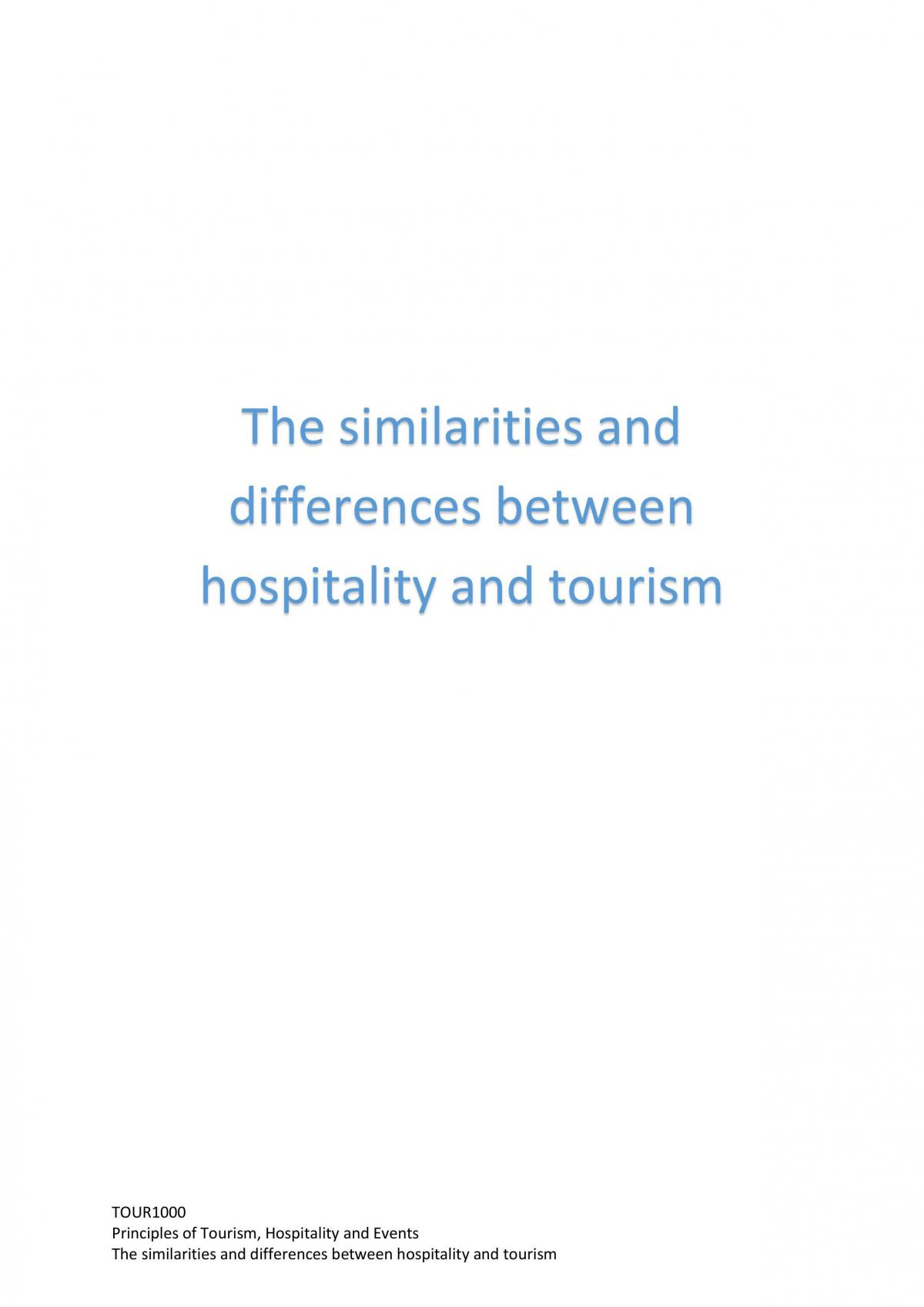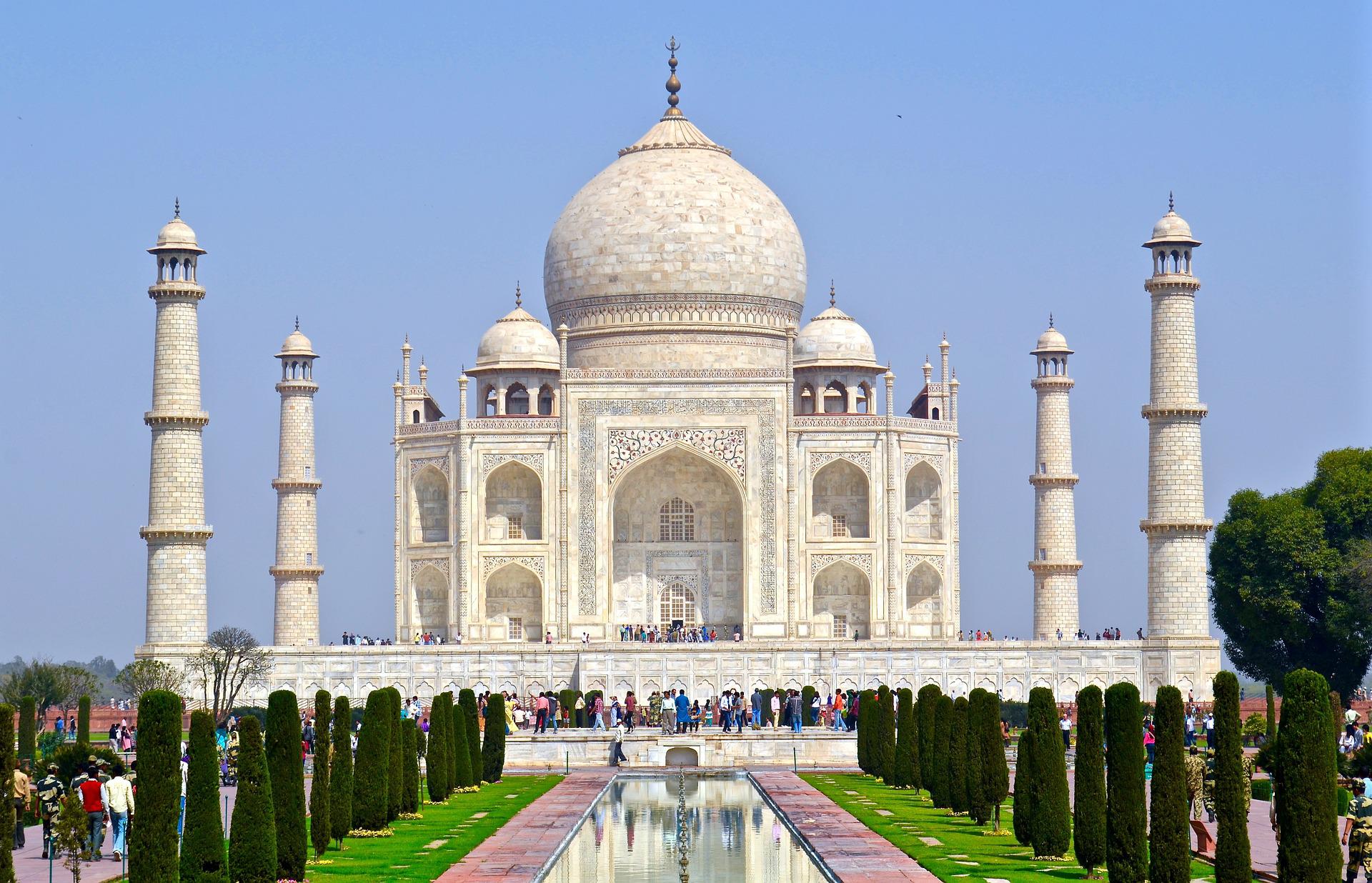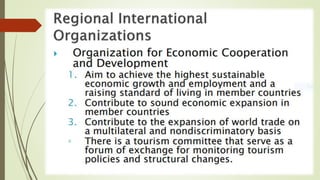Tourism and hospitality are two closely related industries that often overlap, but they are not the same thing. Understanding the difference between the two can help you better understand the roles that each plays in the world of travel and leisure.
Tourism refers to the activity of traveling for leisure or business purposes. It involves the movement of people from one place to another, whether that be within a country or across international borders. Tourism can take many forms, including cultural tourism, adventure tourism, and eco-tourism, and it can involve a wide range of activities, such as sightseeing, shopping, and participating in local events or festivals.
Hospitality, on the other hand, refers to the provision of accommodation, food, and other services to travelers and tourists. This includes hotels, resorts, bed and breakfasts, and other types of lodging, as well as restaurants, cafes, and other food and beverage establishments. Hospitality also includes the various activities and amenities that these businesses offer to their guests, such as swimming pools, fitness centers, and spa services.
One key difference between tourism and hospitality is that tourism involves the movement of people, while hospitality focuses on the provision of services to those people. In other words, tourism is about the journey, while hospitality is about the destination.
Another difference is that tourism is a broader industry that includes a wide range of activities and experiences, while hospitality is more focused on the specific services and amenities provided to travelers and tourists. For example, a person who goes on a safari in Africa may be engaging in tourism, while the lodge or hotel where they stay is part of the hospitality industry.
In summary, tourism and hospitality are related, but they are not the same thing. Tourism involves the activity of traveling, while hospitality involves the provision of accommodation, food, and other services to travelers and tourists. Understanding the difference between the two can help you better understand the roles that each plays in the world of travel and leisure.







